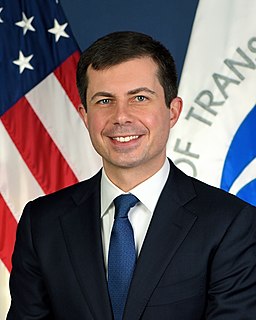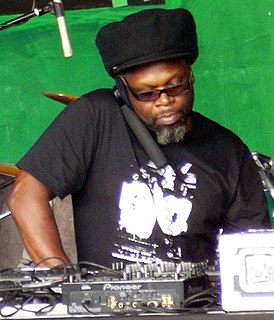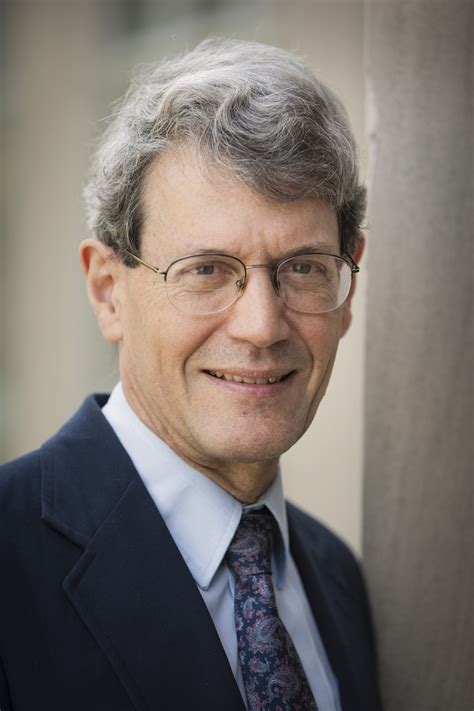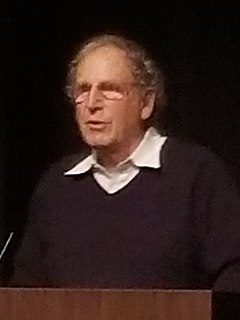A Quote by Barack Obama
Ultimately, peace is just not about politics. It's about attitudes; about a sense of empathy; about breaking down the divisions that we create for ourselves in our own minds and our own hearts that don't exist in any objective reality, but that we carry with us generation after generation. And I know, because America, we, too, have had to work hard over the decades, slowly, gradually, sometimes painfully, in fits and starts, to keep perfecting our union.
Quote Topics
About
After
America
Any
Attitudes
Because
Breaking
Breaking Down
Carry
Create
Decades
Divisions
Down
Empathy
Exist
Fits
Generation
Gradually
Had
Hard
Hearts
Just
Keep
Know
Minds
Objective
Objective Reality
Our
Ourselves
Over
Own
Peace
Politics
Reality
Sense
Slowly
Sometimes
Starts
Too
Ultimately
Union
Us
Work
Work Hard
Related Quotes
Life is a continuous flux. Our nonhuman ancestors bred, generation after generation, and incrementally begat what we now deem to be the species homo sapiens - ourselves. There is nothing about our ancestral line or about our current biology that dictates how we will evolve in the future. Nothing in the natural order demands that our descendants resemble us in any particular way. Very likely, they will not resemble us. We will almost certainly transform ourselves, likely beyond recognition, in the generations to come.
...we sacrifice other species to our own not because our own has any objective metaphysical privilege over others, but simply because it is ours. It may be very natural to have this loyalty to our own species, but let us hear no more from the naturalists about the "sentimentality" of anti-vivisectionists. If loyalty to our own species - preference for man simply because we are men - is not sentiment, then what is?
Some of us have a hard time believing that we are actually able to face our own pain. We have convinced ourselves that our pain is too deep, too frightening, something to avoid at all costs. Yet if we finally allow ourselves to feel the depth of that sadness and gently let it break our hearts, we may come to feel a great freedom, a genuine sense of release and peace, because we have finally stopped running away from ourselves and from the pain that lives within us.
Nevertheless, if you ask me, most people have children just as their own enthusiasm about life begins to wane. A child allows us to revisit the excitement we once felt about, well... everything. A generation later, our grandkids bump up our enthusiasm yet again. Reproducing is a kind of booster shot to keep us loving life.
Those of us who work in politics can only make ourselves useful if our heads are filled with things that we can contribute to the political space. JFK had this quote about how if more politicians knew poetry and more poets knew about politics, the world would be a better place. Being attentive to the things that add meaning to our lives alongside politics will help us inform our politics with the values that really do make America great.
We, black British, were searching - as the first generation that was born and raised here - for our own identity. We already knew what the Caribbean thing was about. We grew up with the racial tension and unrest. They were either touching your head for good luck or kicking you down the stairs for being too dark. But that was part and parcel of how we grew up in London. But in terms of our identity, it was more about us claiming it y'know?
Perhaps that is our doom, our human curse, to never really know one another. We erect edifices in our minds about the flimsy framework of word and deed, mere totems of the true person, who, like the gods to whom the temples were built, remains hidden. We understand our own construct; we know our own theory; we love our own fabrication. Still . . . does the artifice of our affection make our love any less real?
Sometimes differences arise partly from incomplete information. We are finite. And we should admit that there are cases of uncertainty. But often the differences become exacerbated because of sinful inclinations underneath the surface, which incline us to prefer our own ideas and not to submit to what is less comfortable. We must be cautious about accusing anyone else of sin. We don't know people's hearts. But we must also avoid being naïve about the subtlety of sin and the corrupting effects of sin on the mind - our own minds, not only the mind of the other fellow.
Rather, it is the opening or the interruption that allows us to experience what is hidden, and to accept with our hearts our given situation. When film does this, when it subverts our absorption in the temporal and reveals the depths of our own reality, it opens us to a fuller sense of ourselves and our world. It is alive as a devotional form.


































